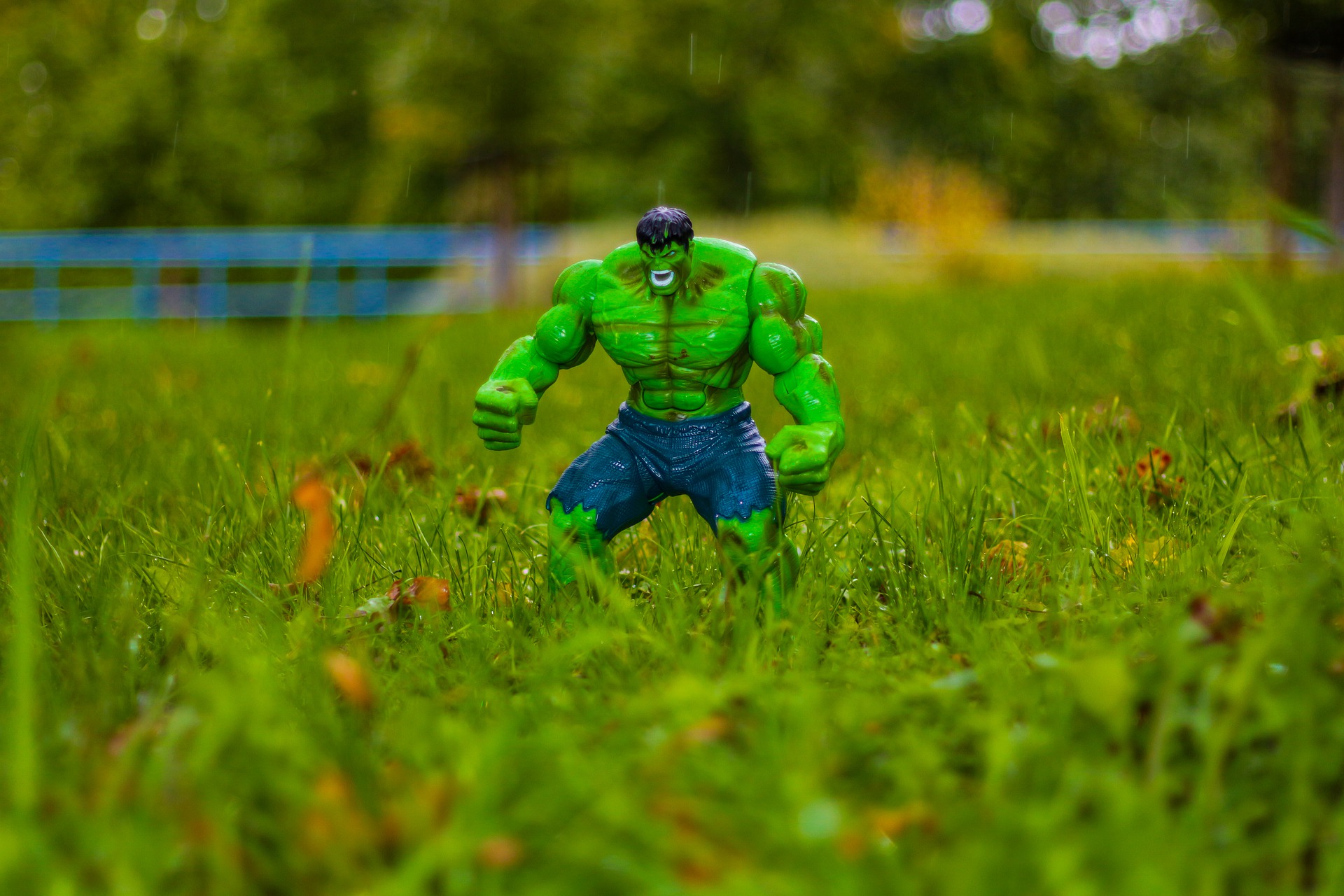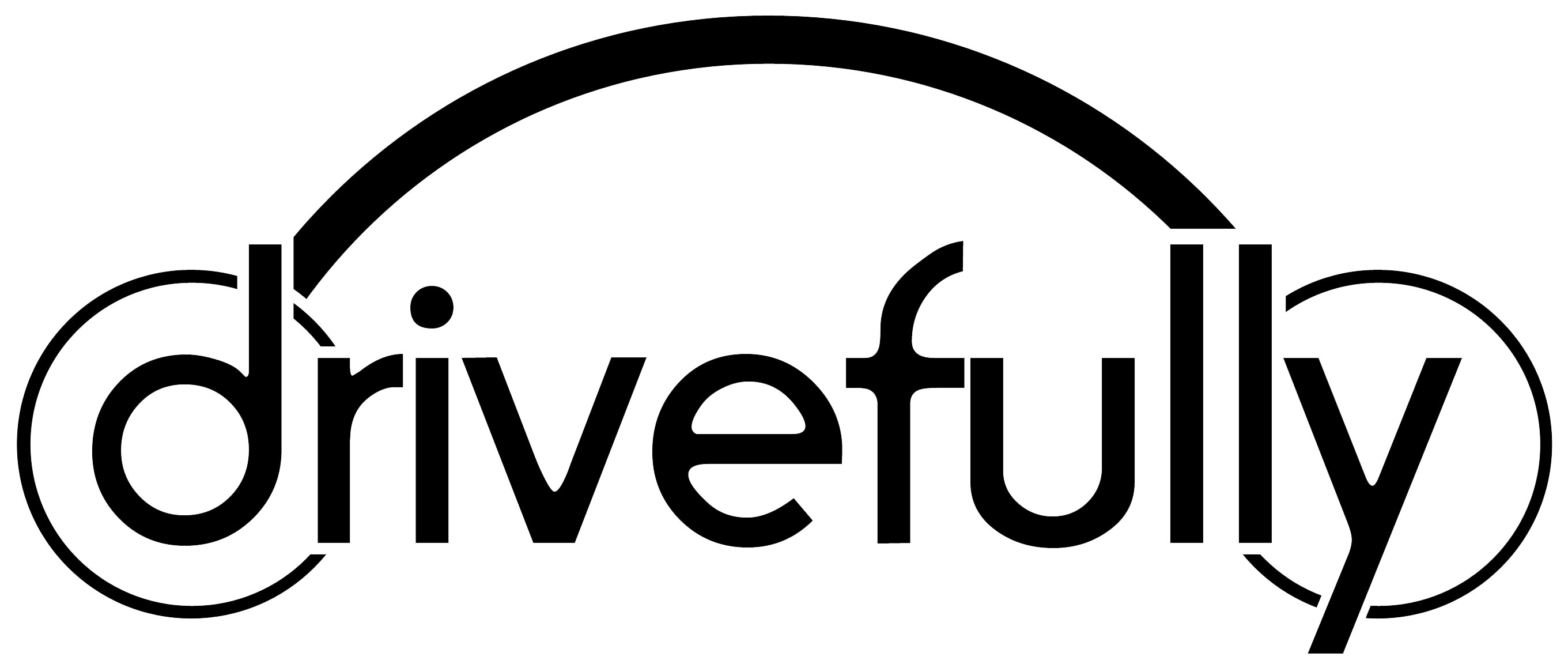
05 May Reacting vs Responding
Do you react to situations, or do you respond?
First off it’s probably a good idea to define the two and then see which you more closely associate with.
I heard a driving examiner tell a learner once that they were reacting to situations rather than acting on what they can see ahead of them. This was their way of politely telling the learner that they needed to plan ahead more. But for me I found it a very effective way of explaining the difference between reacting and responding.
REACTING is when a situation develops and you react out of impulse and habit, doing whatever comes naturally. Unfortunately, and especially when the situation is stress triggering, the natural reaction is one of fear or anger. This is a completely natural and normal reaction, one involving the stimulation of the sympathetic nervous system and activation of learnt habits from a lifetime of experiences and interactions, but quite often this type of reaction is not beneficial to our well-being or safety.
For example, if you get cut up by someone pulling out in front of you too closely and at the last possible moment, a natural REACTION might be to get angry, shout and wave a fist, or get scared and never want to drive in traffic again. These all come from the past where we’ve learnt ‘that’s just what you do in that kind of situation’ from our family, friends and movies, to name a few influences.
However, left unchecked these types of reactions can leave us feeling more stressed and distracted, and ultimately are not in our best interest when in control of a vehicle.
RESPONDING on the other hand is about planning ahead. Like the examiner said, acting on what you can see ahead, and by doing this you create an outcome that is more beneficial to you and others on the road. If we know acting from a place of fear and anger will ultimately exacerbate the situation and not resolve it, then choosing to act (respond) from a place of love will diffuse it.
If we RESPONDED with love to the driver cutting in, we might hang back and make space for them. We might then accept there’s nothing we can do to change the situation and realise that actually it would be better for us to just let go of the event, even forgive the other driver. Moving forward we carry on with our drive, knowing we took effective action to keep ourselves and other people safe.
Reacting relies on our learnt habits being in our best interests. However, our learnt habits mostly come from others, so really we’re handing over responsibility for our actions to the people from our past.
Whereas Responding involves being intentional, choosing to act based on what we feel would benefit us and others most, and taking full responsibility for how we behave in situations and towards others.
It’s okay if you realise you’ve been reacting all these years, and it’s okay if you notice yourself reacting still once you’ve read this. What’s important is that you notice, and with noticing comes understanding, and with understanding comes change.
Respond out of love for yourself and others when you can, and notice with kindness the times when you react out of fear and anger.


Sorry, the comment form is closed at this time.